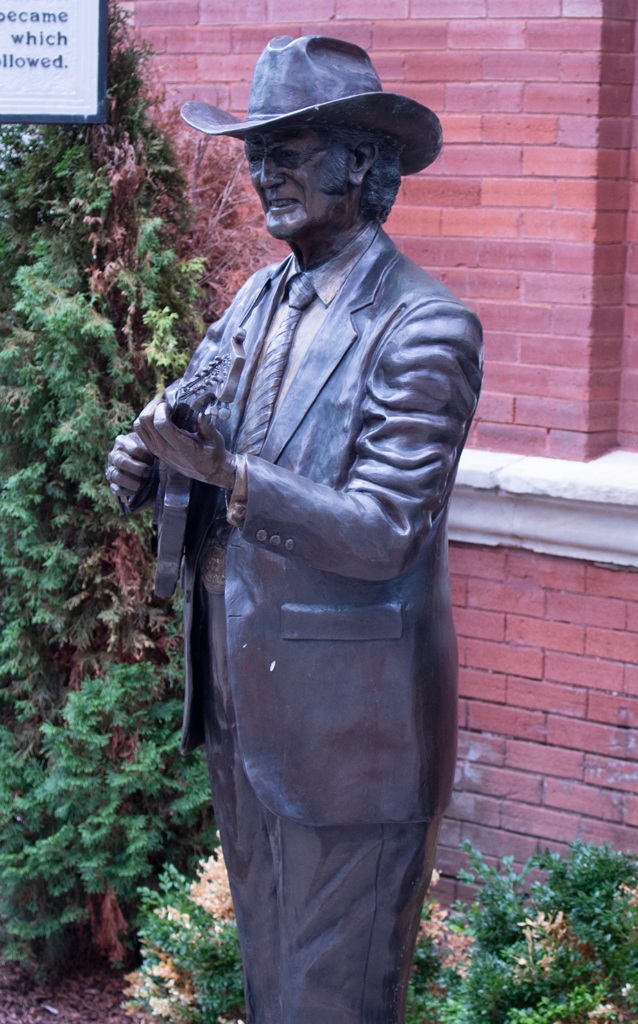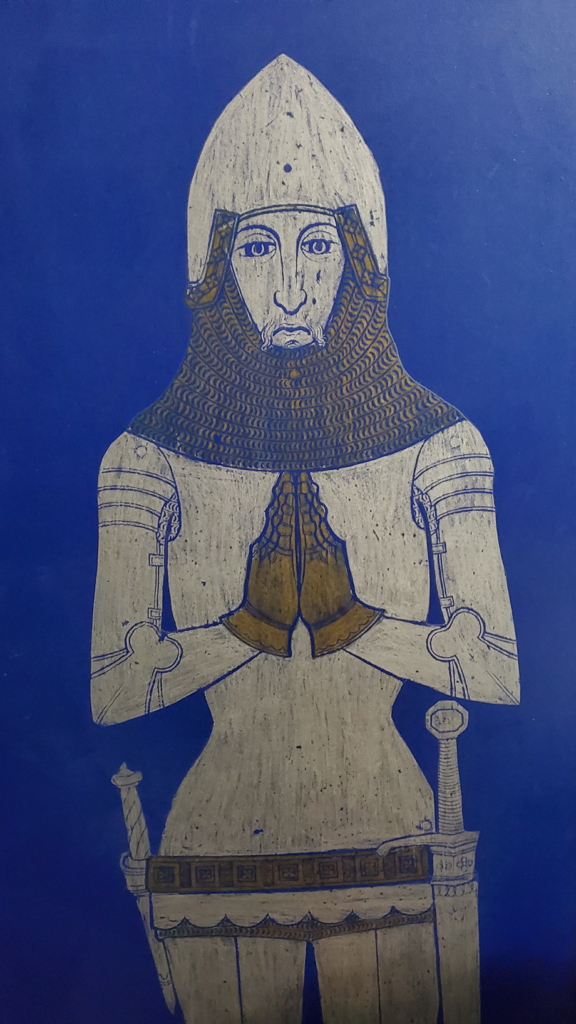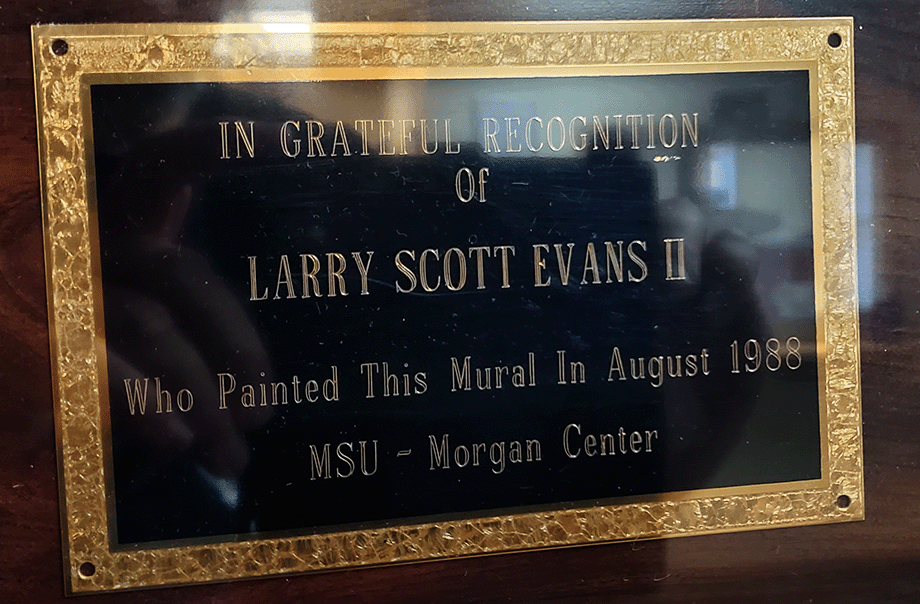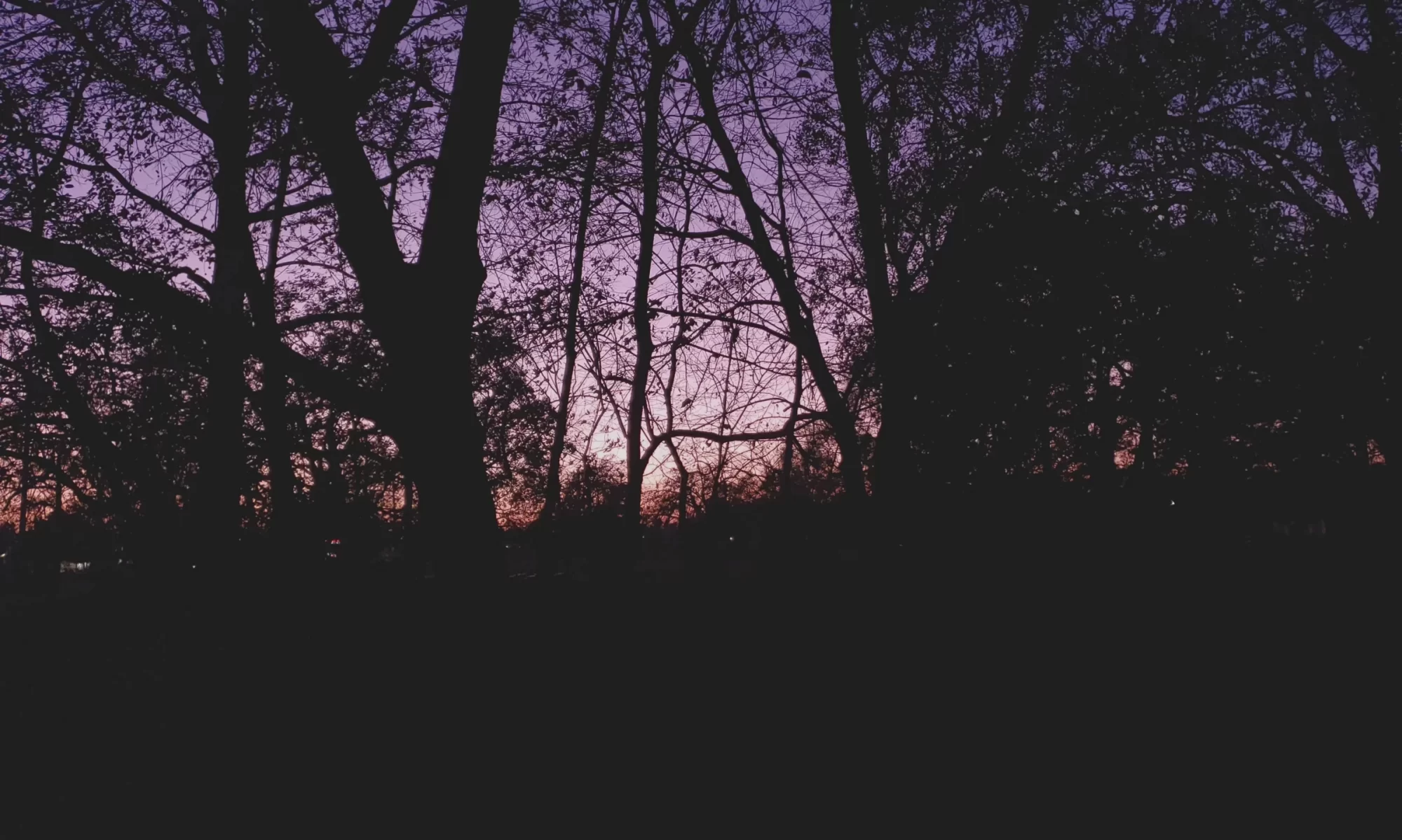…some of it’s magic, and some of it’s tragic, but I had a good life all the way
He Went To Paris – Jimmy Buffet
This was supposed to be a short article. It’s a short week in the US due to the Labor Day holiday, and that means cramming a lot more into less time. Also, I spent a good part of the last week driving (40 hours in the vehicle according to the travel clock) across the country, and that is more exhausting than it used to be.
I set out from South Texas to Middle Tennessee, and after a few days there on business, pressed north and east to my birthplace in the hills of Eastern Kentucky.
It’s been a little over a year since my father passed from cancer. I ended up going through his things with my mother and brother, as people do. This had not been my plan, but it’s a part of the rituals of life we all are connected together by.
I have said before that I am not close to my “blood” family, preferring the company of my chosen family instead. I don’t know that this is unusual, but society seems to make a bigger deal of it than is healthy. There is no great reason for this disconnect other than that we simply have very little in common, and that has been the case as long as I can remember.
I have always had a wandering spirit and inquisitive mind, and have never been satisfied to make small talk and keep up with what was happening with the neighbors. My youngest says that I am a changeling, which is as fair an explanation as any for my unusual outlook and vast difference of personality from my parents, sibling, and much of the rest of that community. I was born weird. I remain so. I am both contented with, and proud of, my weirdness.
Yet we ofttimes find ourselves attached in ways we were not aware of, or expecting. This was one of those times. Long trips can bring about a sense of melancholy. Hours spent watching the miles go by invites contemplation of the world passing outside the windows. Or at least it does for this wandering spirit and inquisitive mind. The trip from Texas to Kentucky was not a new one, though I have made it infrequently. But such journey’s stir memories. Most recently I had made this trip to see my father after his cancer diagnosis. Before that I had driven up to attend the funeral of my high school art teacher. Both trips had impacts. Both trips came up in my mind as I drew nearer to the mountains.
And the mountains themselves had an effect on me. I do miss them. I do not deny a deep connection to the rocks and the trees and the hills, even though the negative aspects of culture are still abhorrent to me. It is a constant source of conflict that I want the broader perspective of life near the big city, but long for the solitude and freedom of wandering in the woods. I have still not resolved that, and I don’t know that I will. But it was nice to feel the energy of that earth under my wheels. And it was nice to feel the energy of my current home and the familiar spirits around it as I returned.

This unquiet nature within us is part of the human condition, I think. We are only able to realize our identity when confronted with otherness, and otherness always creates tension. Even among loved ones, and in families. We are all seeking to impose our identities on the world around us, and that perforce means coming up against the walls of other’s identities.
I spend a lot of time in my own head, obviously. I think that anyone who has the weird bent probably does. Being content to look upon things as being “just because” or even worse “God’s plan” is not within us. It leaves a bad taste in our mouths. I bristle at the scent of anything mildly dogmatic.
And on this journey, I was confronted so many times with such dogmatic thinking. People knew–knew without question– exactly how I should feel, and exactly why I felt that way, and expected quiescent cooperation in their version of my reality. This after several decades of my obvious and overt weirdness, and vocal proclamation that my viewpoint was not so, and would never be so, and that my viewpoint was not wrong, only different.
If anyone out there knows the frustration of someone trying to fix you, you have my sympathies. Remaining genteel and cordial in such situations is exhausting. I think this is much truer than that I put a lot of miles under me.
There certainly were positive aspects to the visit. I managed to see some people I had not seen in years, and enjoyed a brief time in their company where my longtime oddness was accepted unchallenged. And I spent much time in contemplation.
My father’s death did have an impact on me, even though we did not always get along. For my part I tried to make him understand that I was just never going to be who he thought I was, or should be, and I hope that was enough. I did not expect to cure a half-century of mixed emotions in a few hours, and I am not sure that “cure” is the right word. This constant idea that we need to “heal” ourselves seems a New Age dogma that I don’t want to participate in. I am the sum total of my experiences. I am the shards of memory that I have of those experiences, good and bad. And so is everyone else.
I do understand, from the many years I have read psychology and psychiatry texts, that some emotions and traumas can be debilitating. They can cause people to be “broken” and unable to live fulfilling lives.
I began this journey through psychology because of my father. It was his first major in college, and I was exposed to the books and materials at an early age. The same is true for the art that I have always pursued as my own refuge, and will hopefully make a full time career in coming years.
It took a year, and this journey, and going through the relics of his life, to make these things, and other positive memories, what come up more often when I think of him. This was not the first reaction that I had just after he passed. So perhaps there is some “healing” to that, but maybe not. In either case it is an organic thing that comes from time and experience and memory, and not a goal to be pursued by some externalized ritual.
At least not in my viewpoint, and your mileage may vary. I ran across a comment on social media a few weeks ago regarding the “ancestors”. It smelled of New Age pablum and a healthy dose of cultural appropriation, as do many such comments on social media in the esoteric topics.
I personally do not maintain an altar of the ancestors or perform rituals related to such belief. To me it feels like I am stealing from indigenous cultures to begin with, even though “we all have ancestors”. That is true, of course, but of the ancestors I know, there is always the layers of emotional baggage that comes from living life with them, and dealing with that otherness I described above. Good and bad, we’ve all got it. Some of it is worse than others, but our memories of these people color our thinking about them.
There’s a context that one cannot think of something without immediately bringing to mind it’s opposite. So for every pleasant and positive memory, there’s another less comforting one lurking out there. The trick, of course, is to reach the point where the better ones can outweigh the rest in the final analysis. And that’s a process that I don’t think comes from a ritualized veneration. Again, your mileage may vary.

The ancestors that I didn’t know, or knew only by abstraction, through the honeyed (or not) memories of others who did know them are not altogether real to me. I don’t feel connected, beyond the basic awareness that we share genetic material.
Yes I am, because they were.
But I honestly doubt that any of them thought of me with any kind of depth of perspective. They were simply too busy trying to survive in a hard scrabble world.
Don’t get me wrong. I respect the idea of the ancestors, and I am aware of some bits and pieces of the history that go around them (good and bad).
But our family line was far from landed gentry. There’s a general understanding that at least one branch were brought to the Colonies as indentured servants acquired from debtor’s prisons. They escaped the tobacco plantations of Virginia by crossing the Appalachians and settling on the frontier. There was some intermarriage with the native peoples, Cherokee, I’m told. But there’s precious little documentation to any of this, as it’s very long ago and, well, the names may have been changed to protect the guilty.
Certainly one can find our various family names in the northern parts of Wales even today. There’s a great likelihood that my people came from there, excepting the one’s who were already here. We have no great immigrant story of entering through Ellis Island or achieving wealth and fame from humble roots in the tenements of New York.
Many of the people who came west from Virginia and the Carolinas remained in the mountains, and their insular culture continues to the present day. Life was not easy. Living off the land was simply the nature of things, and continued well into the 20th century. We hunted and trapped and grew much of what we needed, and the grocery store was simply a subsidy to that old way of doing things. My parents were born into a world without electricity or running water or air conditioning or refrigeration. My children were born into the era of worldwide communication and instant internet presence.
I wonder what the ancestors would make of all that? I’m not sure they’d consider it progress.

Last Friday I stopped by to try and get a decent photo without the glare on the plexiglass. I suppose there’s some irony in that attempts to protect it end up making it nigh impossible to experience without reflections from the long windows and overhead fluorescents. Such is the price of fame I suppose.
The receptionist at the medical clinic that now occupies the building was perplexed at my efforts to get a photo. She seemed even more incredulous to learn that I was the actual artist.
I have become to that community a name on a wall, without context save to the remaining locals who “knew me when I was alive.” Like Mr. Monroe and the man whose bones rest under that brass in England, I am a disconnected memory of someone you may have once heard about. There’s a certain peace in that, really.
Sitting with my old friend last Saturday night and covering all the many things that had passed in the great gap of time since we were last in the same room, I mentioned casually that I expected with modern medical advancements and trying to live healthier that I would make it into my 130s.
He responded that even at 130 it will be too short a life.
In the end we are the coalescence of some ineffable energy that struts our brief span, and then disburses. What remains of us in this world is the memory of us, in the minds of the others, who will pass on some smaller version of that memory to people as yet unborn, until the sparks get smaller and smaller.
I did say that such journey’s make us melancholy. But that should also remind us to live while we are living. With that thought I will thank you for enduring my ramblings and invite you to return next week when hopefully my perspectives will be less personal and more profound.

